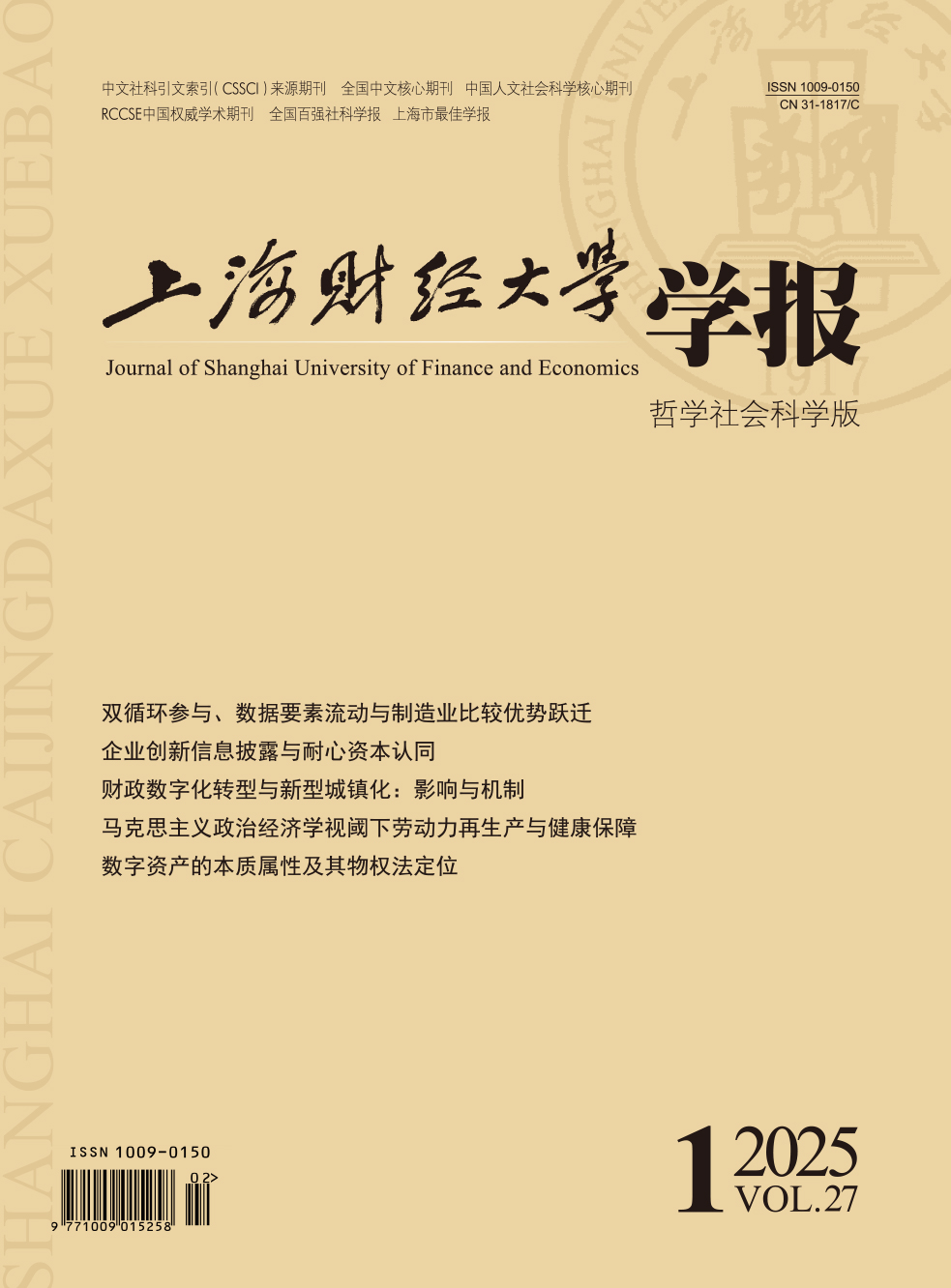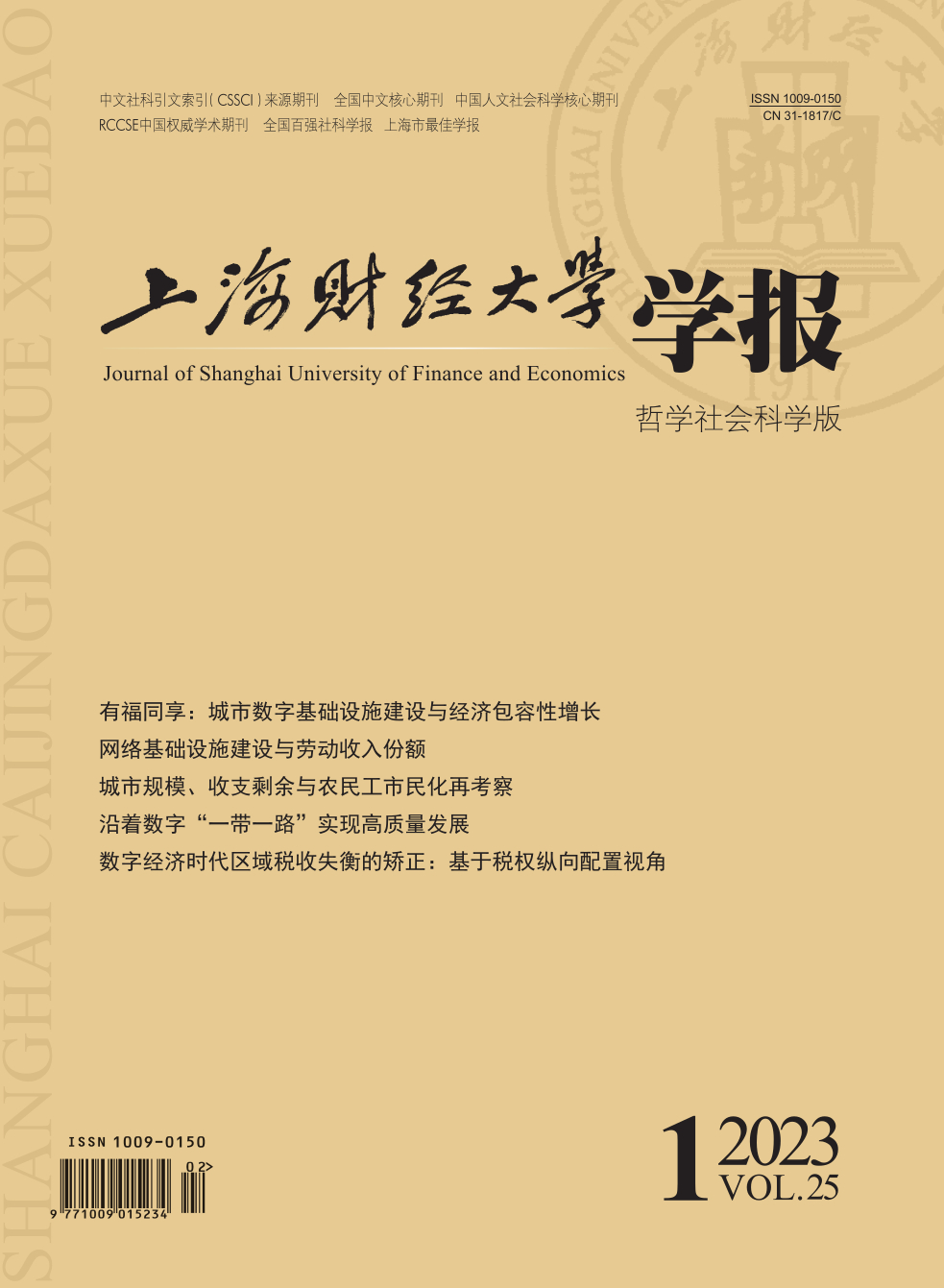Building an income distribution system that reflects efficiency and promotes fairness is one of the important components of China’s modern economic system. In recent years, digital economy has become more and more important in the national economy, and its development is based on the construction of new infrastructure such as broadband and network. Based on the data of Shanghai and Shenzhen A-share Listed Companies from 2010 to 2019, this paper takes the demonstration cities (clusters) set up by the “Broadband China” strategy as the research object, and uses the multi-period DID method to evaluate the impact of network infrastructure construction on the labor income share of enterprises and its mechanism.
This paper has the following conclusions: First, the “Broadband China” strategy significantly increases the labor income share of enterprises in demonstration areas. Second, heterogeneity analysis shows that: From the regional and industrial level, the “Broadband China” strategy has a greater impact on the labor income share of enterprises in central and western regions, low internet penetration regions, and industrial and commercial areas; from the enterprise level, the “Broadband China” strategy mainly increases the labor income share of export participating enterprises, state-owned enterprises and large-scale enterprises in demonstration areas. Third, index decomposition analysis shows that, the “Broadband China” strategy mainly improves the average wage and employment, and positively affects labor income share in this way. Fourth, mechanism analysis shows that, the “Broadband China” strategy promotes the digital transformation of enterprises, thereby absorbing highly-skilled labor, and affects the employment structure of enterprises in terms of quantity and quality. Further inspection shows that, the “Broadband China” strategy significantly improves the net employment growth rate and employment creation rate of enterprises, the structure of employment skills, and the structure of R&D talents, and increases the labor income share of enterprises in this way.
This paper attaches importance to the characteristics of the new era of digital economy, focuses on the enabling effect of network infrastructure construction on the field of income distribution, and discusses how network infrastructure construction affects the labor income share of enterprises, which expands the existing research perspective. At the same time, it attaches importance to the typical characteristics of enterprise digital transformation. Enterprise digital transformation drives changes in the employment structure, so changes in the employment structure may be a direct channel for network infrastructure construction to increase the labor income share of enterprises, which clarifies the theoretical mechanism of “Broadband China” strategy to promote fair income distribution. In addition, this paper is helpful to provide beneficial policy enlightenment for the Chinese government to continuously promote the construction of new network infrastructure such as 5G and promote the fairness of income distribution, which has important theoretical value and practical significance.





 4025
4025  3726
3726

